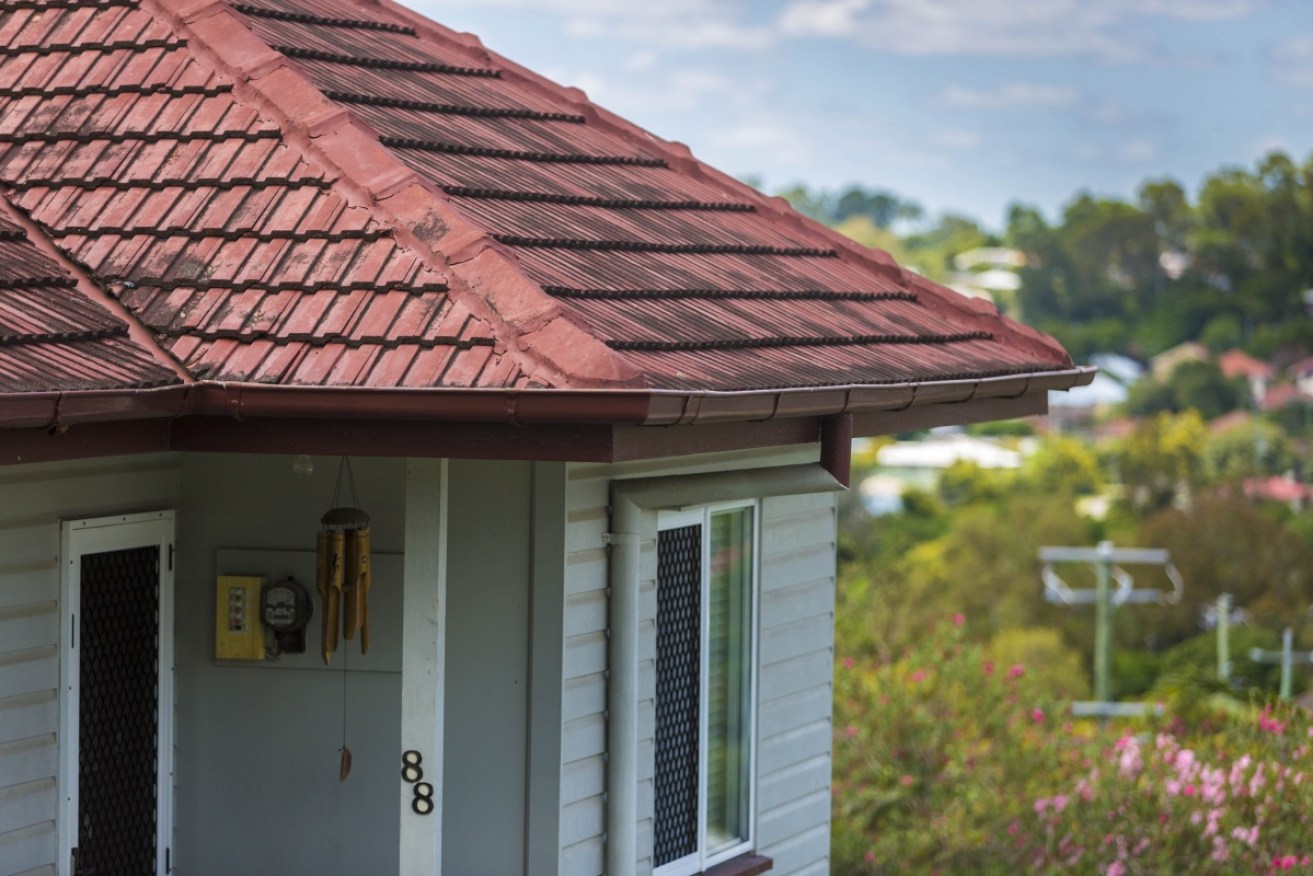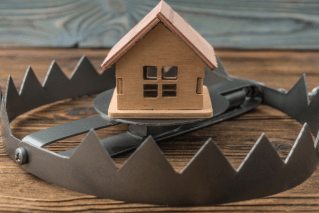Mortgage rates could rise despite RBA keeping cash rate steady


Mortgage rates could rise despite the RBA's decision to keep the cash rate steady. Photo: AAP
Mortgage rates could rise in coming months despite the Reserve Bank of Australia’s decision to keep the cash rate steady for a record 20th meeting, experts say.
In a move almost universally expected, the Reserve Bank announced on Tuesday that Australia’s cash rate would remain unchanged at a low 1.5 per cent.
In a statement on the decision, RBA governor Philip Lowe cited cooling Melbourne and Sydney housing markets, and the writing of fewer loans following a government agency crackdown.
But according to the Australian National University’s ‘shadow board’ – a panel of distinguished macroeconomists and former central bank board members – there is a 73 per cent probability of a cash rate increase in the next six months.
Even if the RBA doesn’t move any time soon, mortgage rates may rise anyway.
“There’s a good chance that banks will increase mortgage rates independently of the cash rate, whether this cycle or not,” RBA shadow board chair Dr Timo Henckel said.
As the below chart shows, the difference between the RBA’s official cash rate and what mortgage lenders actually charge – known as the ‘spread’ – is at near-record highs. This means lenders have pushed up rates, even though the RBA hasn’t moved its rate in months.
Because of the scandalous revelations at the banking royal commission, however, banks may choose to hold off on raising mortgage rates in the short term.
“Politically and socially they’re in a tricky situation given the inquiry. They’ve got some amends to make with the public that may weigh on their mind, and they might hold off a bit,” Dr Henckel said.
“It’s easier for banks to put mortgage rates up if there is a clear rhetoric by the RBA that it will increase rates in the not-too-distant future.”
According to Dr Henckel, Australia’s high house prices have led to many households taking on too much debt.
“I’m very much of the view that the housing market has overheated and a significant problem associated with that is an overleveraging of households,” Dr Henckel said.
“Curtailing those risks is useful, and one way to do that is to reduce overall demand by interest rates going up. But a fair bit of that has already been achieved by the strengthening and tightening of standards by APRA.”
Housing market impact
The RBA decision was of little surprise to property data firm CoreLogic’s head of research Tim Lawless, who pointed to the “underlying weaknesses” prevalent in the Australian economy. They include a 0.4 per cent decline in house prices in the year to May, weak wages growth (2.1 per cent), high underemployment (8.3 per cent) and core inflation at the lower end of the RBA target range (2 per cent).
“From a housing market perspective, a stable rate environment is positive,” Mr Lawless said.
“However, there is a risk that mortgage rates could rise, regardless of the steady cash rate, due to higher funding costs being faced by lenders overseas.”
Homeowners needn’t panic at the prospect, though.
“At the end of May, standard variable mortgage rates for owner occupiers remained at their lowest level since 1965, averaging 5.2 per cent and the average discounted rate is tracking even lower at 4.5 per cent. The average three-year fixed rate is lower yet again at 4.15 per cent,” Mr Lawless said.
“Even if mortgage rates do rise, they are still well below the 20-year average of 6.8 per cent.”









